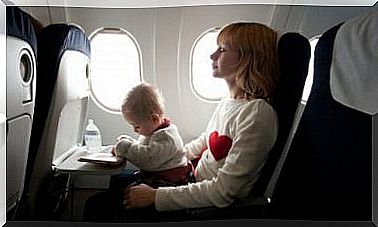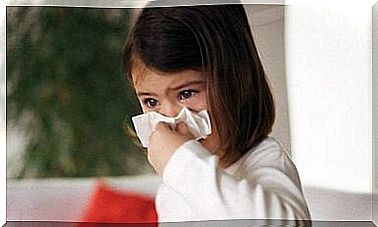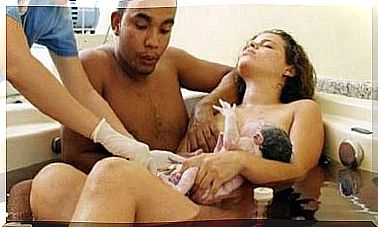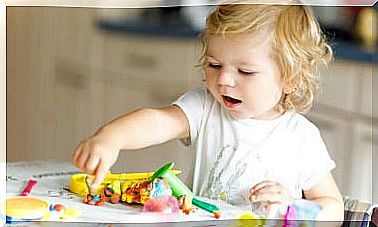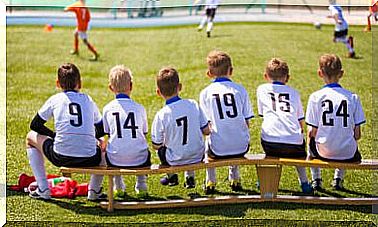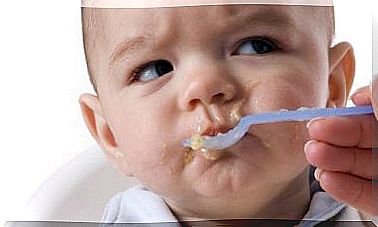Benefits Of Performing Arts For Children
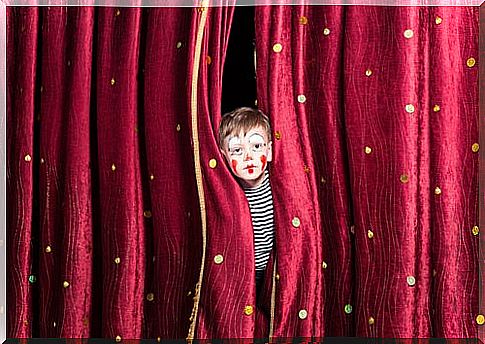
Many parents choose to enroll their children in various extracurricular activities. Some will develop your skills, pique your curiosity or improve your health through exercise.
Within this wide range of options, a very interesting one is the performing arts, usually in the format of drama courses.
In these classes, the younger ones develop their imagination and body expression through games. Basically, the exercises are similar to those that children themselves could invent in their games, but guided and guided by professionals.
This way the little ones can get the many benefits of the activities, while having fun.
What do you do in the performing arts?
Children’s games are instruments to explore different bodies, voices, attitudes and skills, such as juggling, for example. Every child starts playing based on imitations of what he sees and understands around him.
The performing arts follow this same system, but using ample resources. They stimulate both creativity and the diverse social and cognitive abilities of children, taking advantage of their ability to reproduce their surroundings or the product of their imagination.
Usually the exercises that are performed in these classes explore your ability to act as characters. Oral and corporal expression activities, mimes or movements are also carried out.
Often they must develop the stereotypes they imitate, but they can also imagine the reactions of characters in different situations, realistic or fantastic.
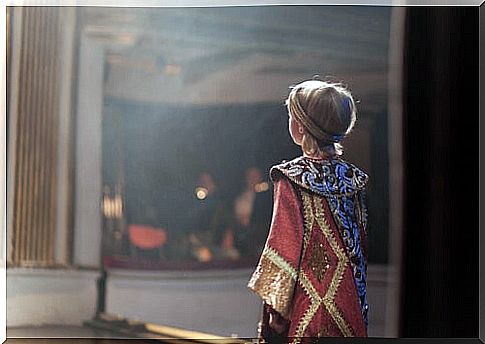
The Benefits of the Performing Arts
- Helps develop verbal expression. This activity helps children improve their way of communicating. They will gain a lot of vocabulary, but also diction, fluidity, clarity, among other aspects.
- Encourages body expression. A very important part of communication is “non-verbal”, the message we send with our gestures and movements. By studying drama, children become aware of their own bodies and all that they are capable of transmitting through it.
- Promotes companionship and helps eliminate shyness. Exercises in these arts often require collaboration among peers. Children will learn to socialize as well as understand the importance of teamwork and respect.
- It helps you understand and appreciate the importance of being constant at work. The goal in performing arts is not immediate, but it needs to be worked on regularly. Some children may feel frustrated when they don’t see results the next day, but if they persist, they will be able to appreciate the fruits of the effort.
- It teaches children to connect with their emotions, to identify and reflect on them. Putting yourself in someone else’s shoes, whether real or in a role in a certain work, helps to understand different ways of seeing the world.
- It improves children’s perspective, self-esteem and security, as well as their confidence in understanding what is happening.
- Stimulates creativity and imagination, the best toy children can have.
- It conveys great values, such as equality, respect, commitment, responsibility, tolerance and collaboration.
- All this learning happens through fun and enjoyable games. The key is that children always have fun in the activities they carry out.
Parental support is essential.
Having the support and encouragement of parents is always important. But in the case of the performing arts, it is possible that this support needs a more “material” side.
Throughout the courses, children develop different skills and it is normal for them to want to make a common project that reflects everything they have learned.
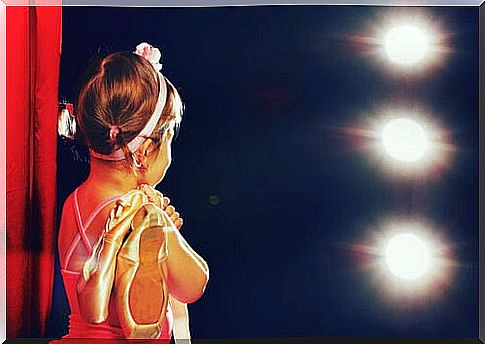
Usually this will be put into practice on a stage, so you can show family and friends the result of so much effort. These tasks often require parental help.
The material part we refer to? Children will need the help of their parents to design their costumes, help with the set design, materials, etc.
However, the most important, as always, is the non-tangible part. In addition to constant support throughout the activities, the final task requires extra effort for everyone.
Helping to control the nervousness, going over the script together, the last minute details… But it will be a highly rewarding job: the children will be dazzled by their progress. And it will be no less the pleasure of parents to see their children shine and, above all, have fun on stage.
